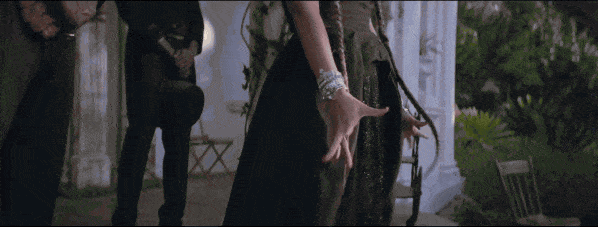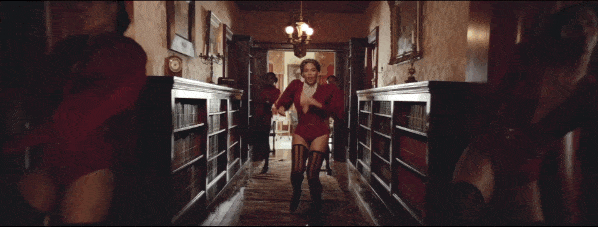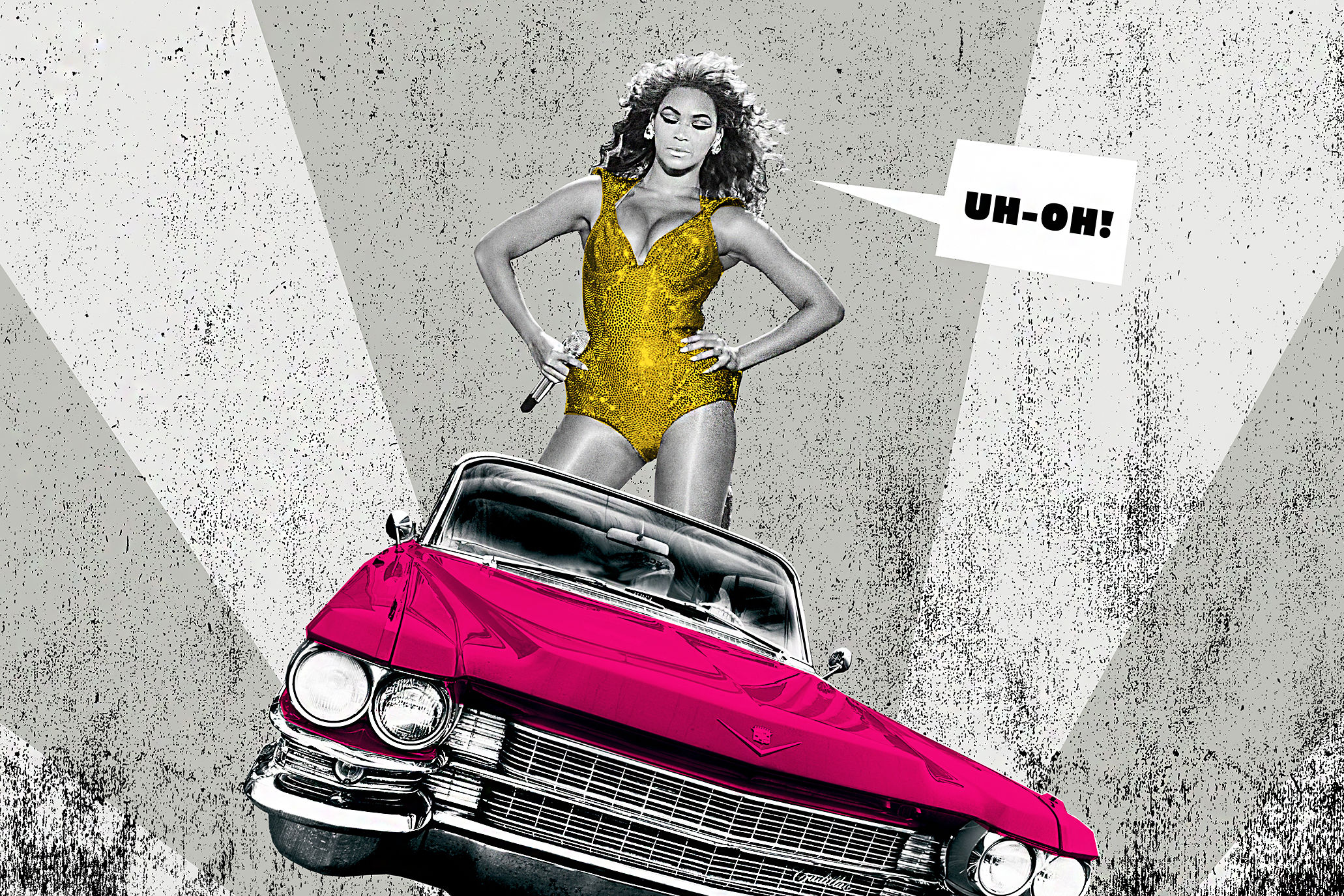Let's Talk About Beyoncé's Woke New Video
Somewhere along the line in 2015, as our "Drunk in Love" high began to wear off, the buzz about Beyoncé became about not what she was doing—you know, dropping massive albums on iTunes overnight, winning 20 Grammys, always dancing on beat—but what she wasn't doing.
When her groundbreaking cover of Vogue's 2015 September issue came out, the Huffington Post noted that she hadn't directly answered a journalist's questions in more than a year—even Anna Wintour couldn't score a sit-down by putting Bey on the biggest cover of the year. Feminist blogs asked whether she was losing her voice by being seen but never heard from.
With her earth-shattering new video and single "Formation," Beyoncé is letting everyone know how irrelevant this conversation is. Beyoncé isn't interested in explaining herself via canned interview answers that have a habit of getting chopped and screwed in the blogosphere. Instead she's serving us a reminder that an artist at the height of her powers best expresses herself through her work. In under five minutes, she not only brushes her haters off, she puts forth the most compelling dissection and celebration of blackness in modern America this side of Ta-Nehisi Coates, all to a beat that compels you to dance it out.
Opening with Beyoncé squatting on a submerged New Orleans police car, with footage of a little boy dancing in front of a Ferguson-like line of police in riot gear, there's no doubt this is her most overtly political video to date. Her support for Black Lives Matter has been quiet up until this moment—The Daily Beast notes that she and Jay-Z have been paying bail for protesters in Ferguson and Baltimore, and BLM activist Deray is one of only 10 people she follows on Twitter—but here it is writ large.
If "Formation" calls out the continuing black struggle in America, it also gives what sounds like Beyoncé's personal philosophy on how to overcome it. "Always stay gracious, best revenge is your paper," she says at the end of the song, making the case that her black-Bill-Gates-in-the-making success is her own way of giving the middle finger (literally) to a racist system. "I dream it, I work hard/I grind 'til I own it," she says, as the video pans to a newspaper with a picture of Martin Luther King Jr. reading "more than a dreamer."

Image: The Wrap
She's not just talking about the violence against black people that makes the news, either. She's calling out a culture that get can't enough of black music, black dance and black style but still can't quite care about or accept black people for who they are. Beyoncé hears you talking about how the shimmery, nearly nude Givenchy gown she wore at the Met Gala makes her a bad role model. She hears the jokes on 106 & Park about how Blue Ivy's hair never gets brushed. She hears you, and you are officially dismissed: "I like my baby hair with baby hair and afros/ I like my negro nose with Jackson Five nostrils."
Have we even heard Beyoncé sing about being black before? When talking up her roots, she has mostly stuck to calling out Houston and repping Third Ward. Now she's declaring herself part of a broader Southern tradition—"Daddy from Alabama, momma Louisiana/You mix that negro with that Creole make a Texas bama."
Despite bragging about her paper, Beyoncé is really celebrating how creative, fun, tenacious, beautiful and resourceful black people are, even if they're "country," or if they're broke. The camera pans over girls in bright wigs, in sassy slip-on sandals, as New Orleans' bounce legend Big Freedia thunders, "I like cornbread and collard greens, bitch." Before she was known for drinking lemon juice and cayenne pepper cleanses, Beyoncé talked about loving Popeye's fried chicken, too.
"Formation" shows high-class Creole ladies fanning themselves in a parlor, people dancing in a Mardi Gras second line, a preacher moving his congregation with the spirit and, in the middle of it all, Beyoncé sporting waist-long braids, doing donuts in an El Camino. Whether you are choreographing a dance in a parking lot or your crew is twerking while wearing Gucci, the only thing that matters, according to Beyoncé, is whether you slay.
It's all part of a cultural tapestry, and Beyoncé is claiming it as key to making her who she is. By dropping this just before her massively hyped and watched Super Bowl appearance, Beyoncé is issuing a challenge, I think. If you love "Formation," if its beat makes you want to move, you've also got to accept and support the black culture from whence it came. Beyoncé will not be apologizing for, or minimizing, her blackness. She came to slay.

Image: The Wrap




